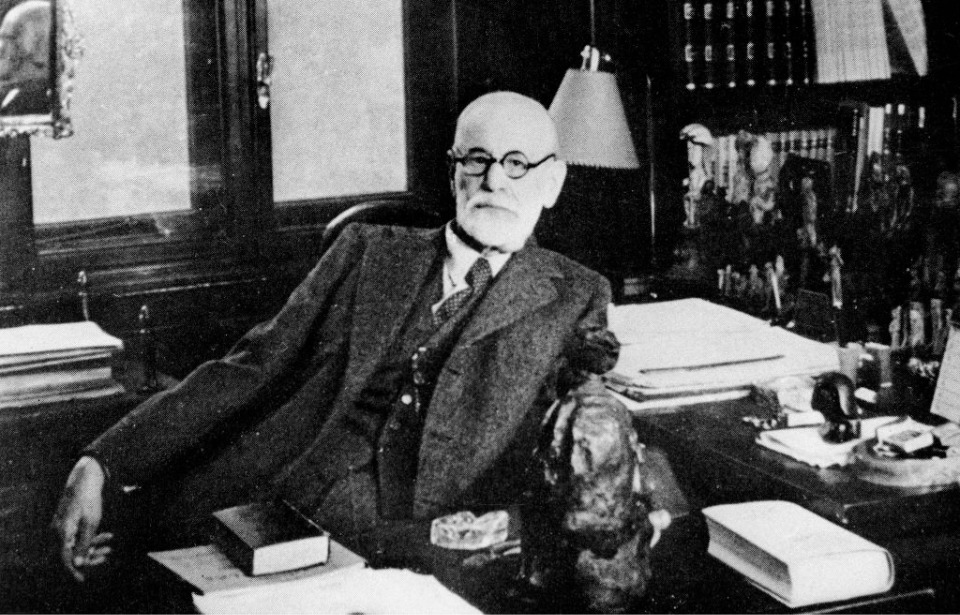Daniel Paul Schreber was a German magistrate. He also had severe schizophrenia and wrote about his struggles with his illness. Sigmund Freud read his work and treated the content as a case history, interpreting his writing and its implications for the state of Schreber’s mind. That interpretation became the basis for the neurologist’s understanding of paranoid schizophrenia.
Daniel Paul Schreber’s struggles with mental health
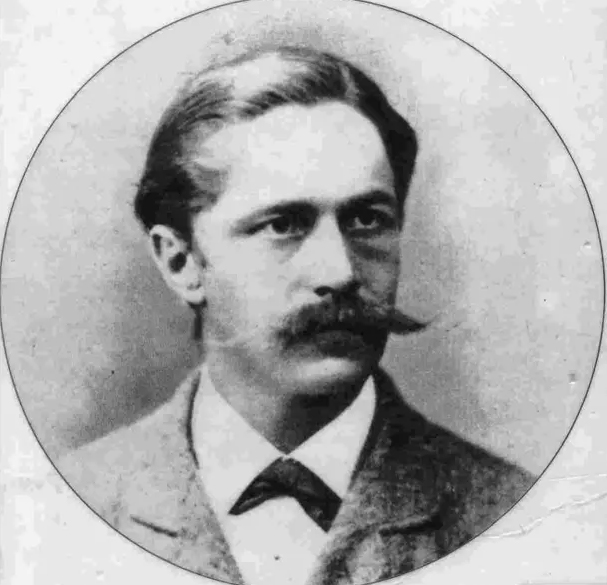
Daniel Paul Schreber was the second of five children born into a comfortable family. His father, Daniel Gottlieb Moritz Schreber, was a physician and university lecturer who became the director of a sanatorium in Leipzig, Germany. His older brother, Gustav, studied law, and Schreber followed him in that pursuit. Both became judges.
Mental health issues were present in the family. Schreber’s father suffered from depression, as did Gustav, who took his own life in 1877. Schreber had his first breakdown in 1884 after trying and failing to enter politics. This led him to develop hypochondria, and he spent six months in a psychiatric hospital.
After his release, Schreber didn’t appear to struggle, until he was appointed the presiding judge of an Oberlandesgericht. This was when he began to suffer from a new set of symptoms, including nightmares and insomnia. He attempted to take his own life and landed back in the hospital, staying from 1894-1902. It was during this time that he wrote Memoirs of My Nervous Condition.
Schreber experienced five more good years after he was released from this stint – he and his wife even adopted a teenage daughter in 1906. The following year, however, his wife suffered a stroke and Schreber returned to the hospital. He remained there until he died in 1911.
Daniel Paul Schreber and Memoirs of My Nervous Condition
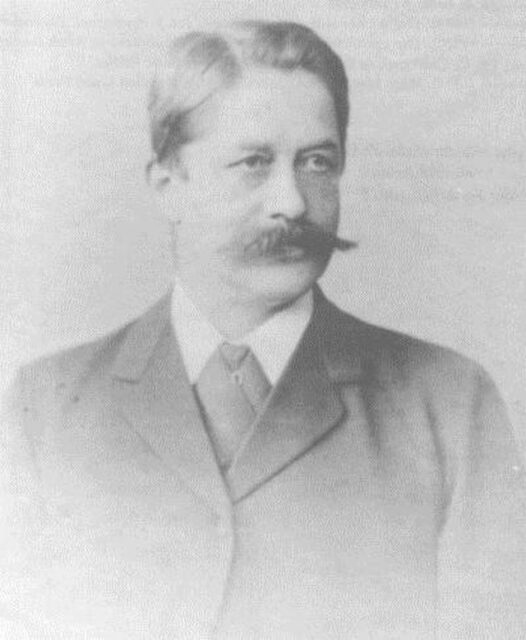
In Memoirs of My Nervous Condition, Daniel Paul Schreber described the various thoughts and symptoms he battled. He had sensory issues to light and sound that often seemed overwhelming. He began to have fantasies, thinking he was suffering from some type of plague and believing he’d been hypnotized by a doctor.
Schreber could sit for extended periods in a “hallucinatory stupor,” and he began having auditory hallucinations and delusions, including many ideas of a religious nature – he believed he was talking directly with God. One of those ideas was that it was his responsibility to save the world and the only way to do so was to become a woman and create a new population fathered by God.
Sigmund Freud reads Memoirs of My Condition
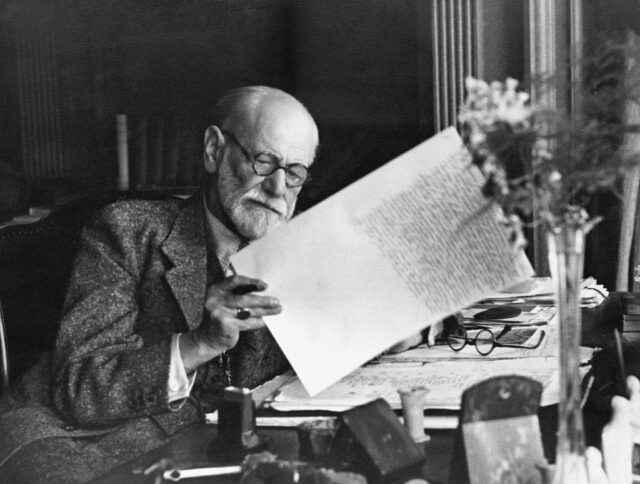
After reading Memoirs of My Condition, Sigmund Freud did an intensive analysis of Daniel Paul Schreber based on the text. He was particularly interested in what he saw as the man’s fantasies and how they tied into his religious delusions. The neurologist’s case histories were usually put together from the firsthand accounts of the patients he was treating, but he never treated Schreber, nor was there any reason to think they ever consulted.
Before his illness, Schreber had never been particularly religious. Freud concluded that the man had a “redeemer delusion” and that his need to be emasculated was part of the religious role he’d been assigned. Freud further stated that the assertion that he needed to become a woman was an expression of homosexual impulses and the voices he heard calling him “Miss Schreber” were due to guilt over those feelings.
The voice of God that Schreber spoke with, the neurologist concluded, was the transference of his feelings for his first therapist at the beginning of his illness.
Sigmund Freud’s conclusions about schizophrenia
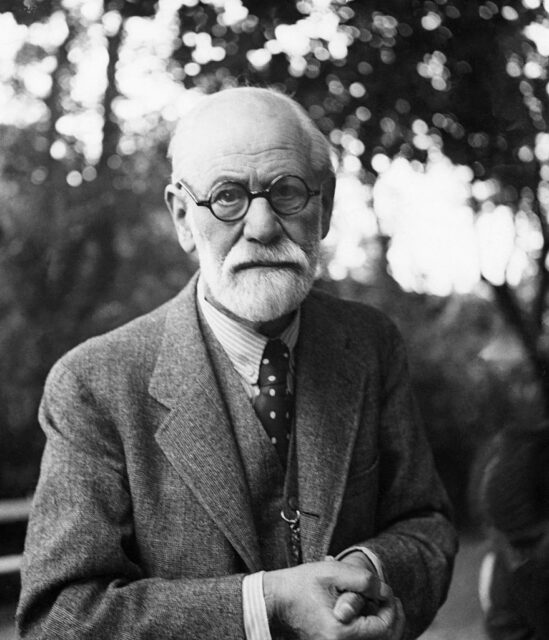
Sigmund Freud’s belief that schizophrenia was rooted in homosexual conflicts is far removed from our current understanding of the mental health issue. It may have even slowed the development of a more functional understanding of it. It’s also true that his ideas were shaped by his observations hardly allowed for proper analysis and comparison.
Freud did, however, do an admirable job of identifying the symptoms exhibited by Daniel Paul Schreber that are characteristic of schizophrenia: paranoia, hallucinations and delusions, especially those of a religious nature.
Even if his understanding had been more accurate and Freud had met with and treated Schreber, the sad truth is that little could have been done at that time to relieve his symptoms. There was practically no true understanding of the neurochemical basis for the mental health issue, let alone medications that could address it.
More from us: Dark Secrets About Some of the Most Popular Sitcom Stars of the 1980s
However, that doesn’t undervalue Freud’s contribution to existing ideas about schizophrenia, nor does it take away from Shreber’s suffering, whose book opened the door into a world that had previously been very hard for others to enter.
